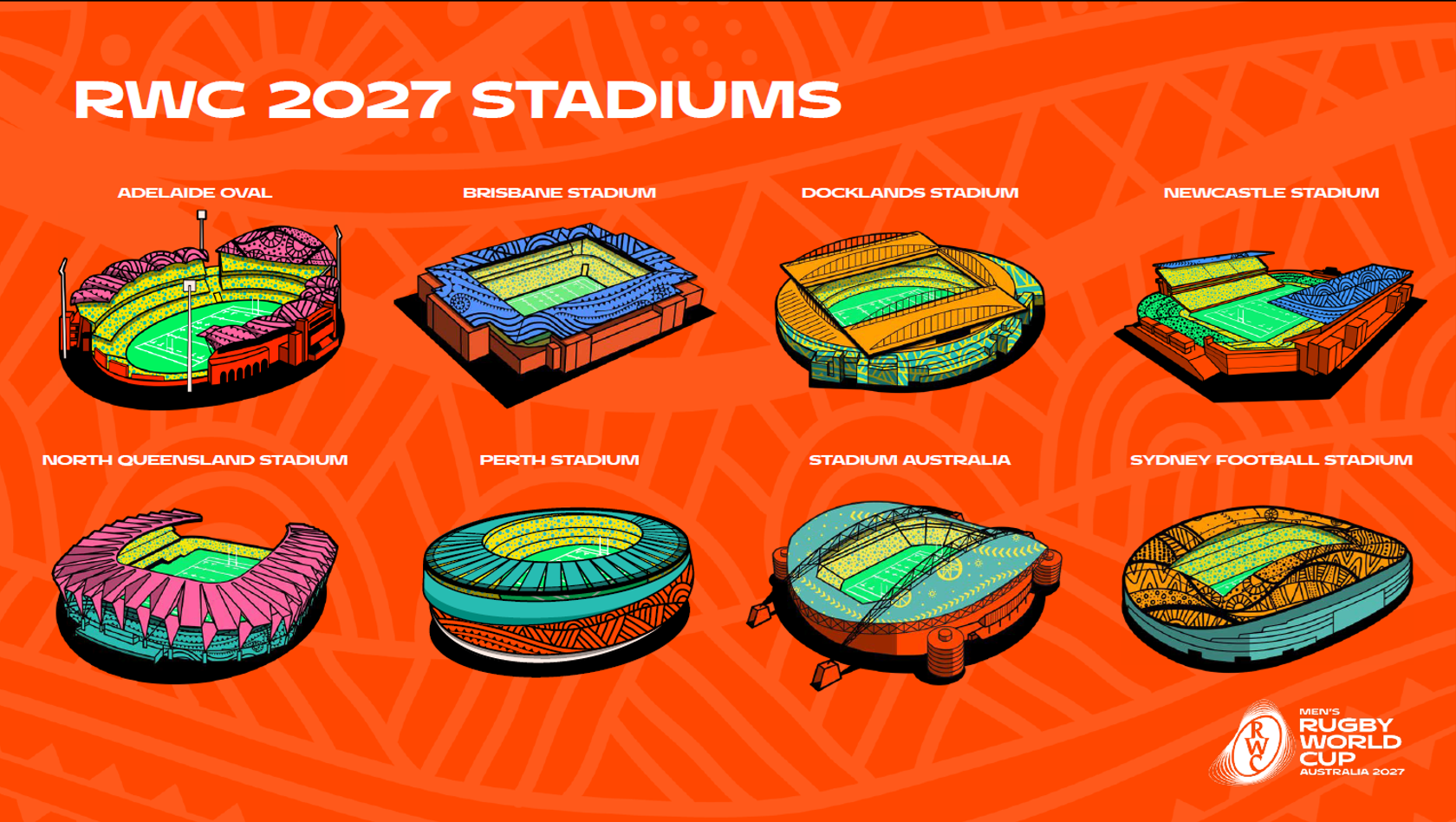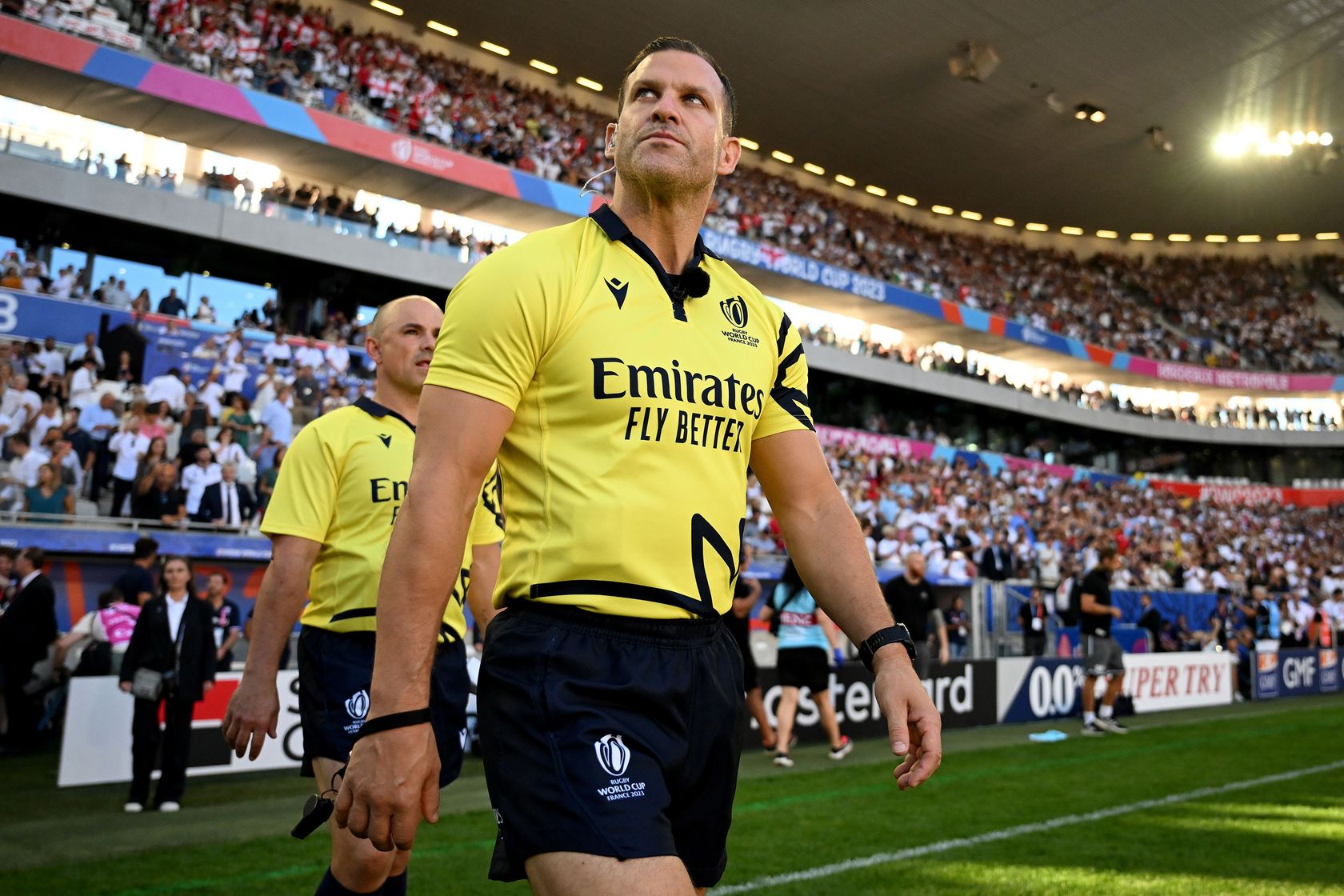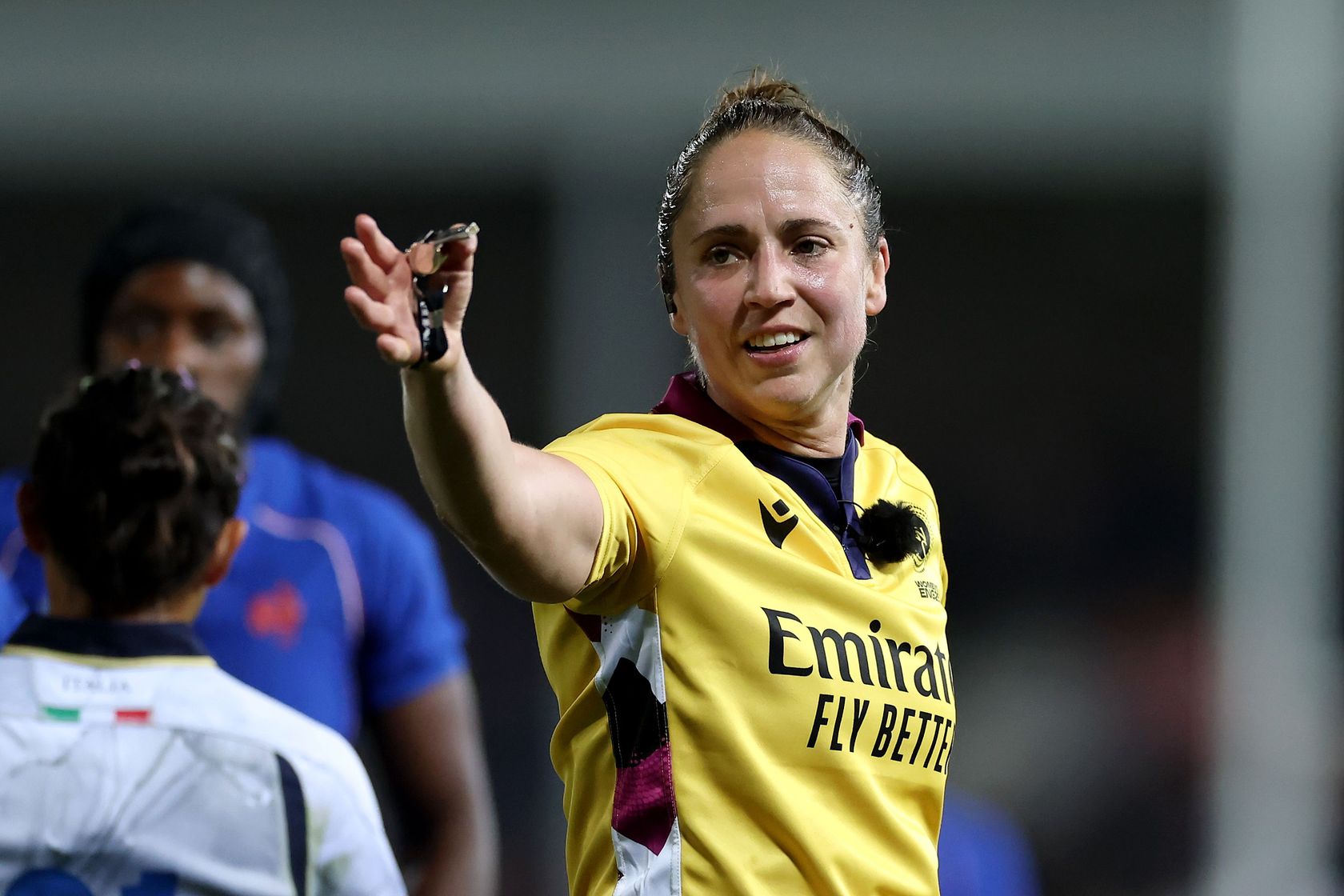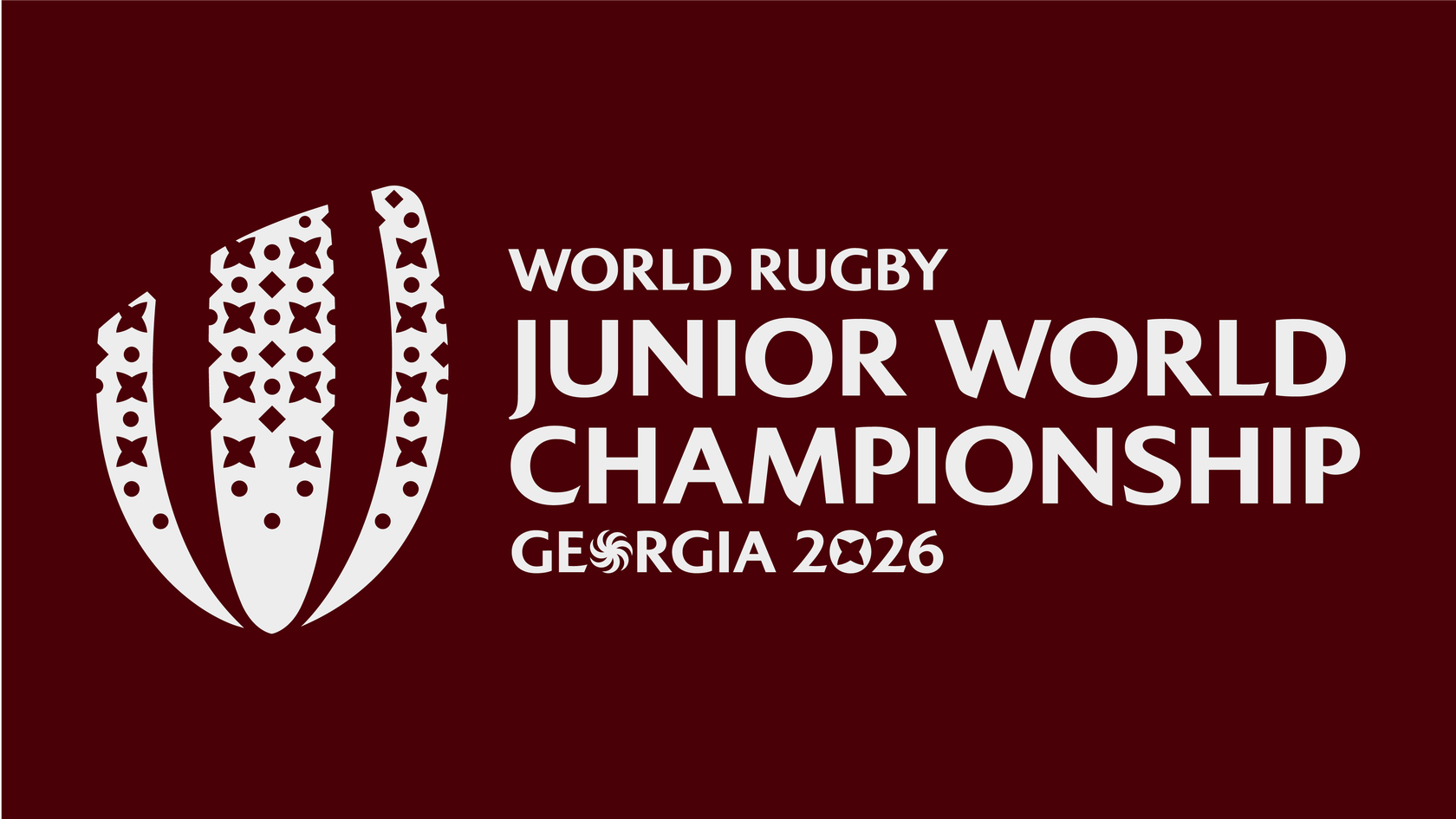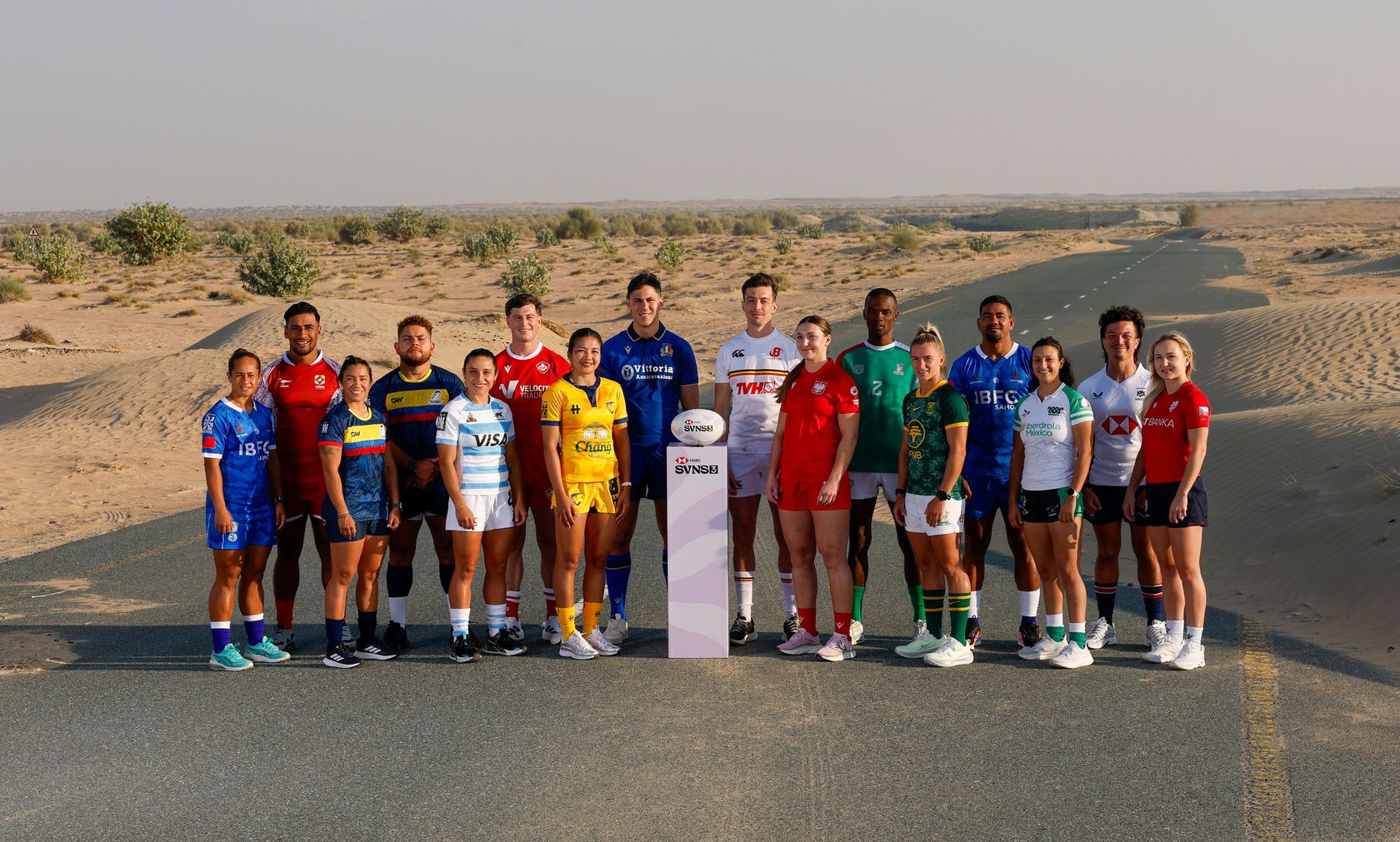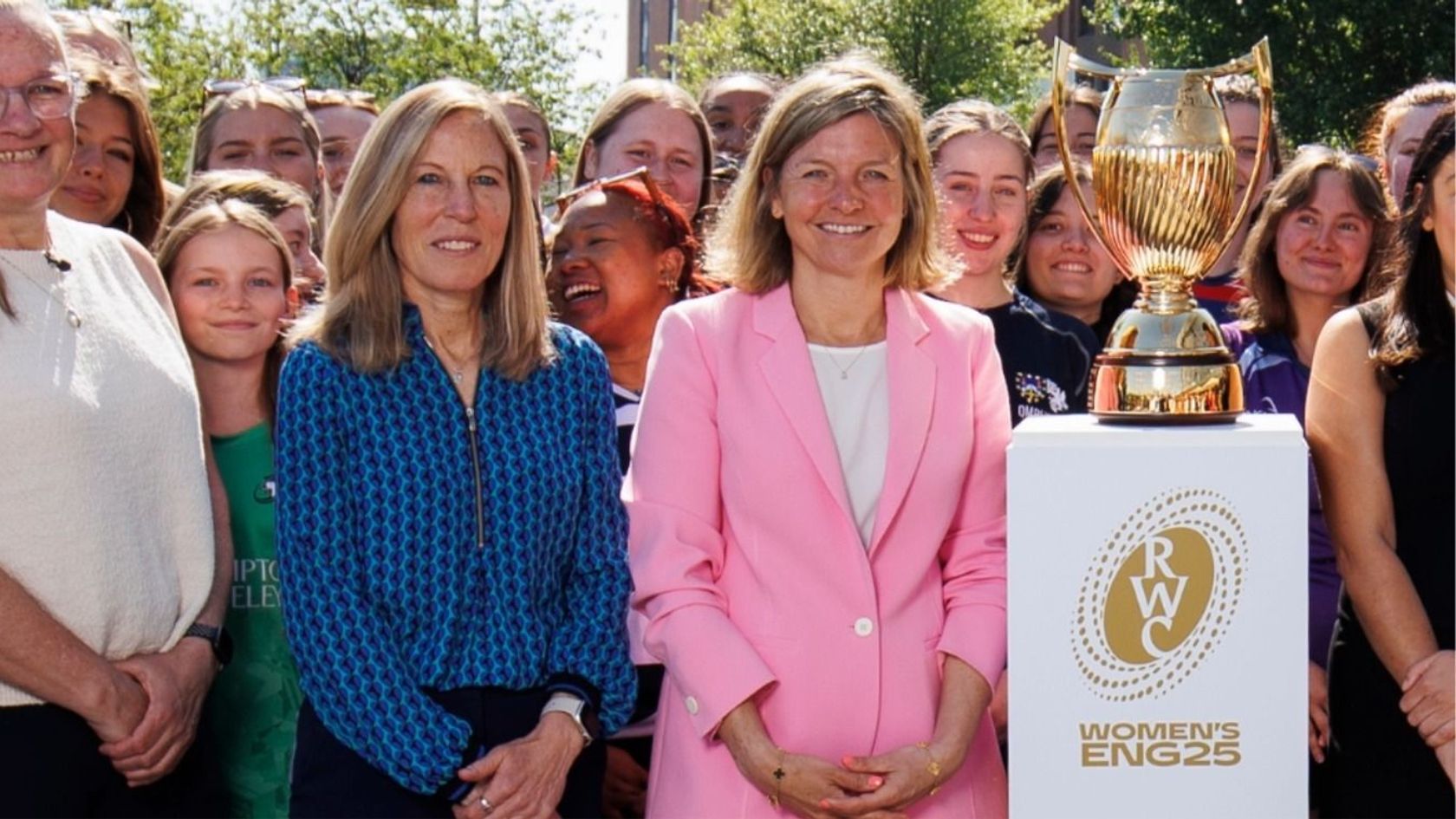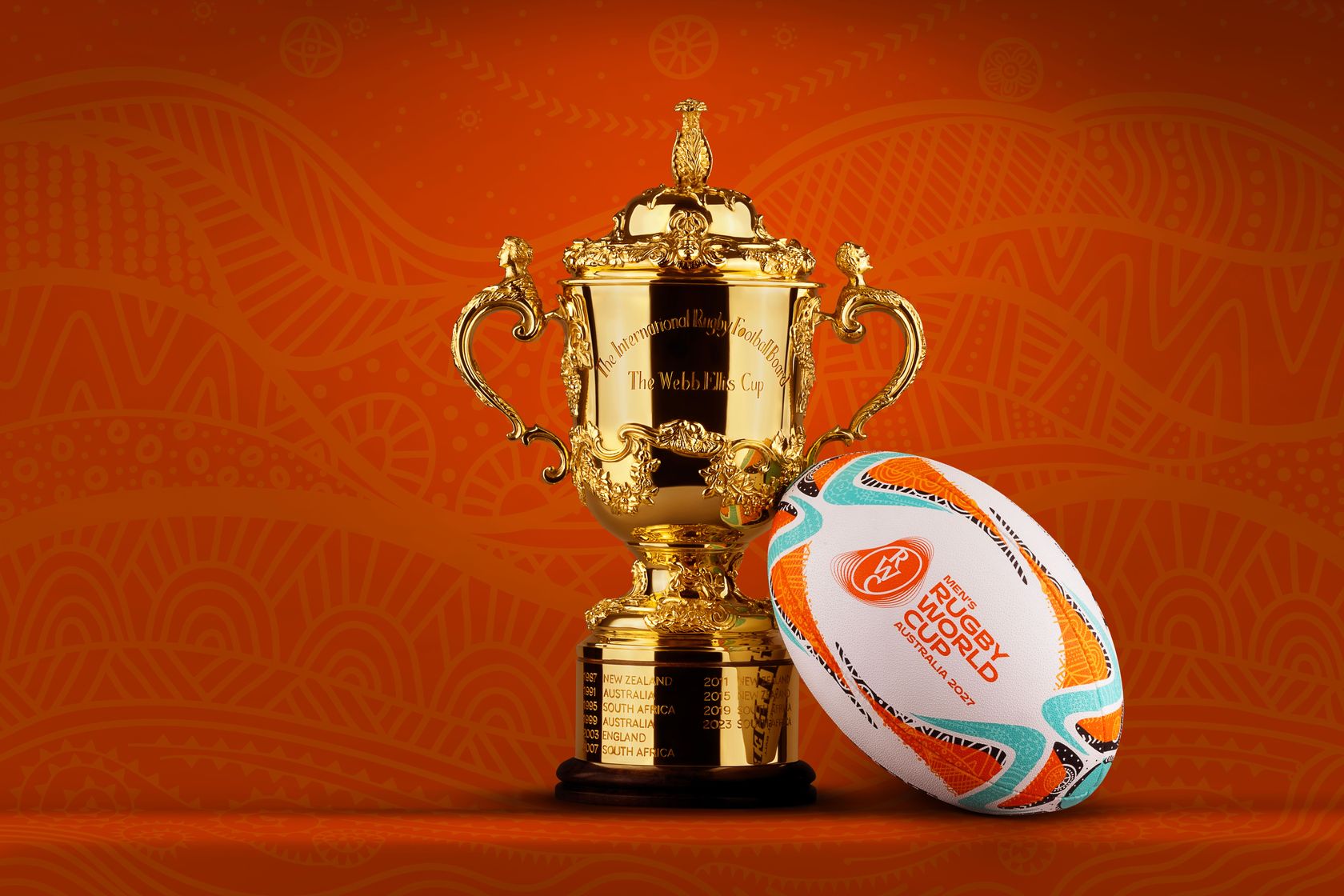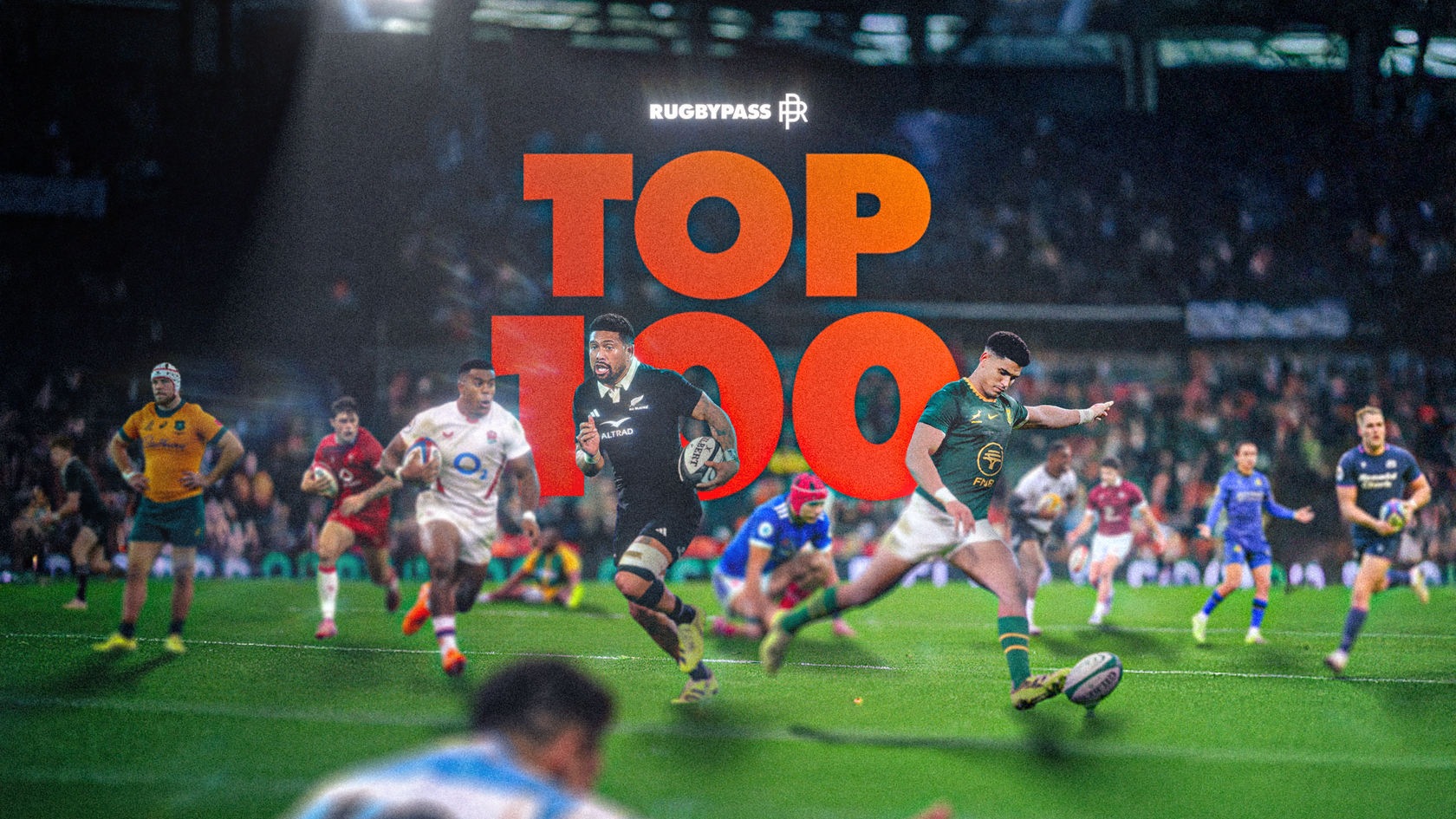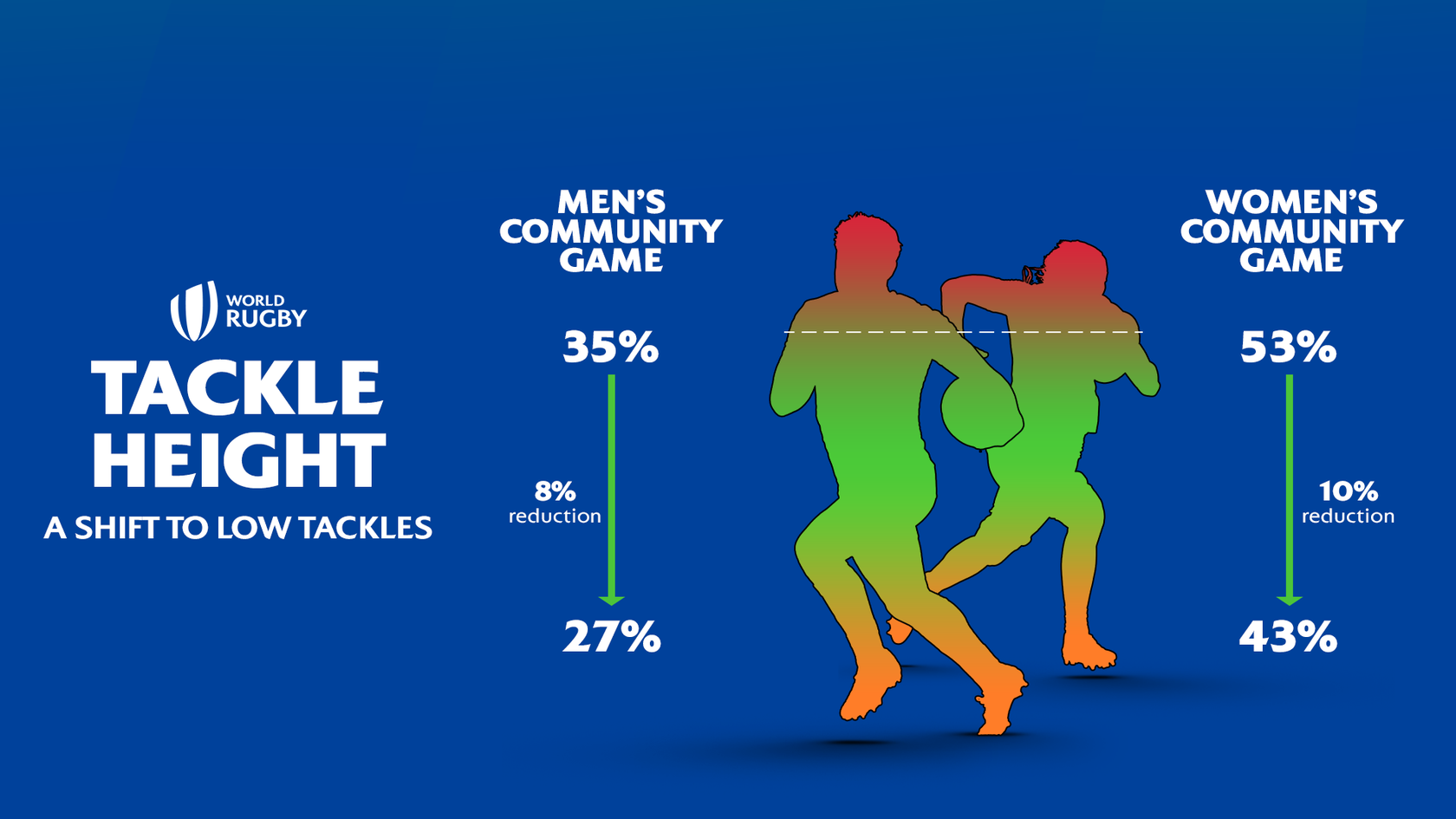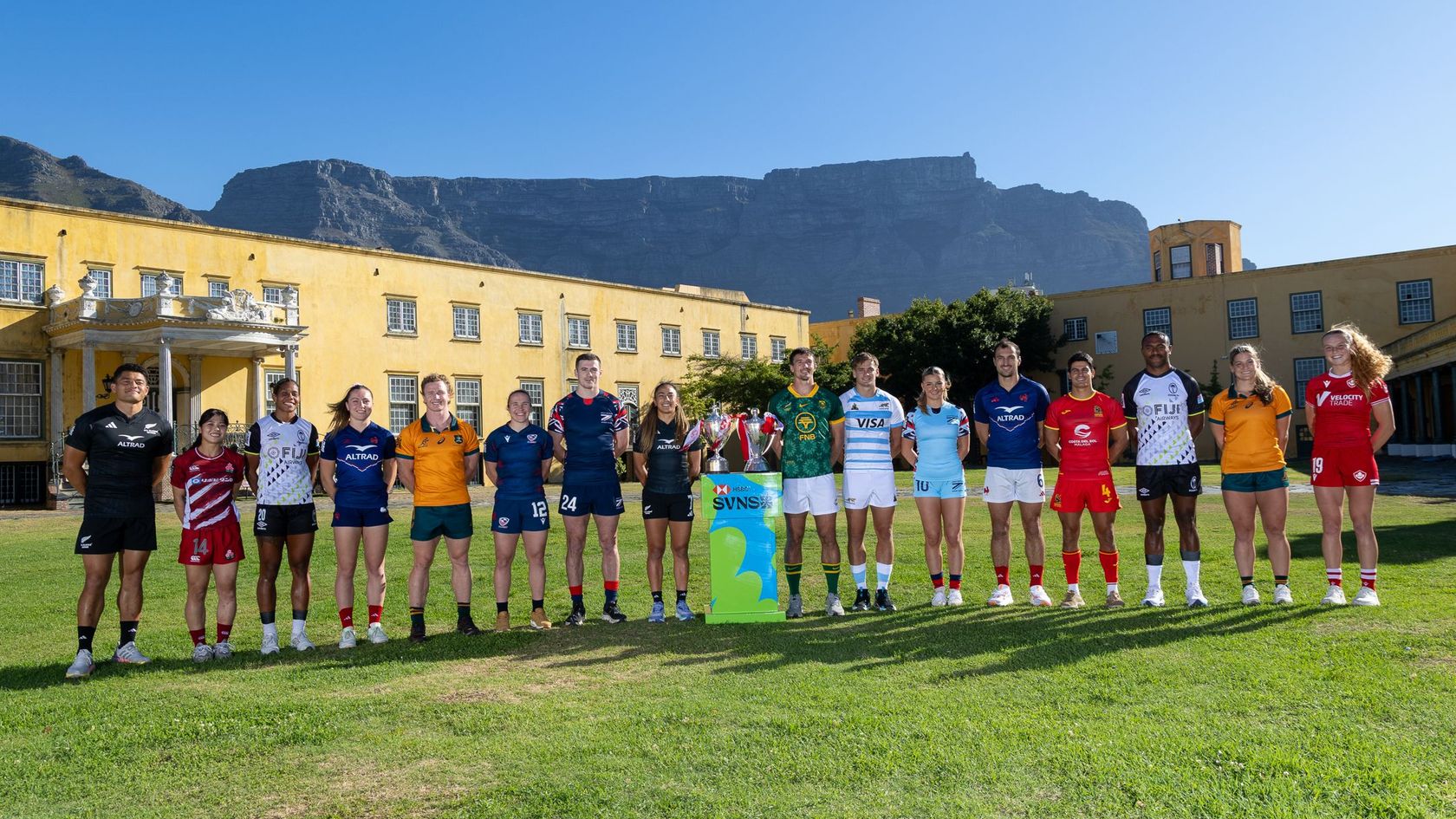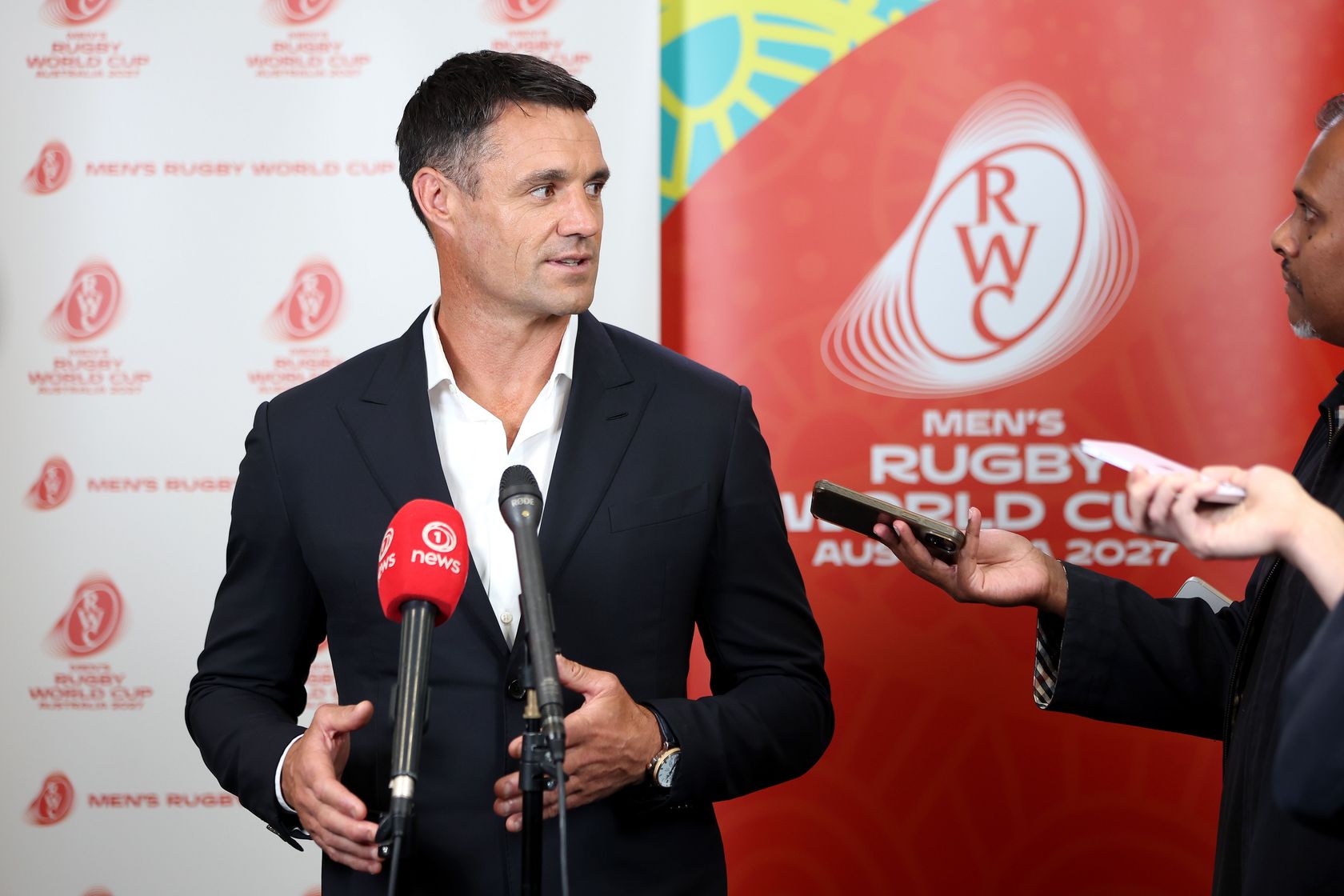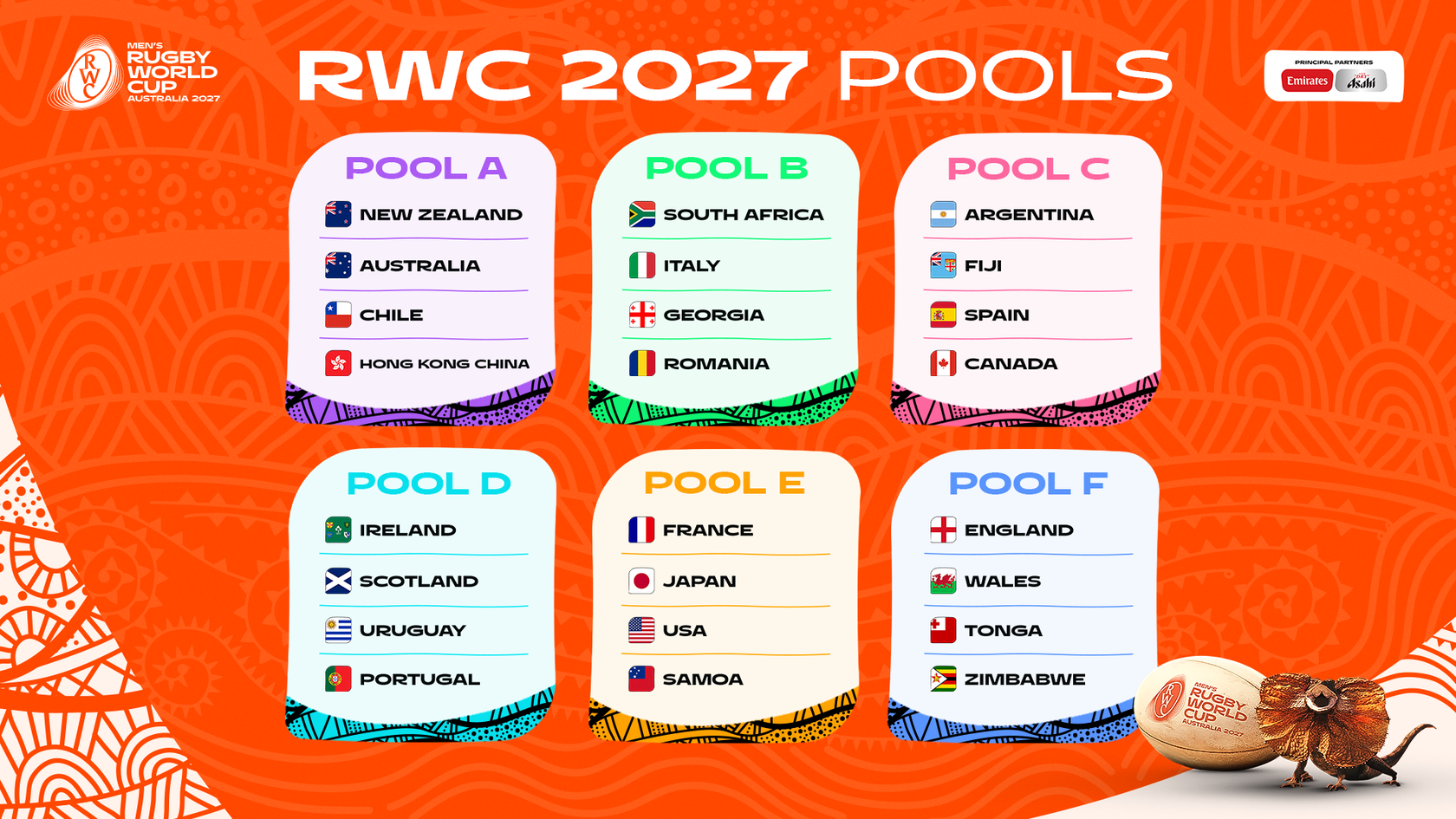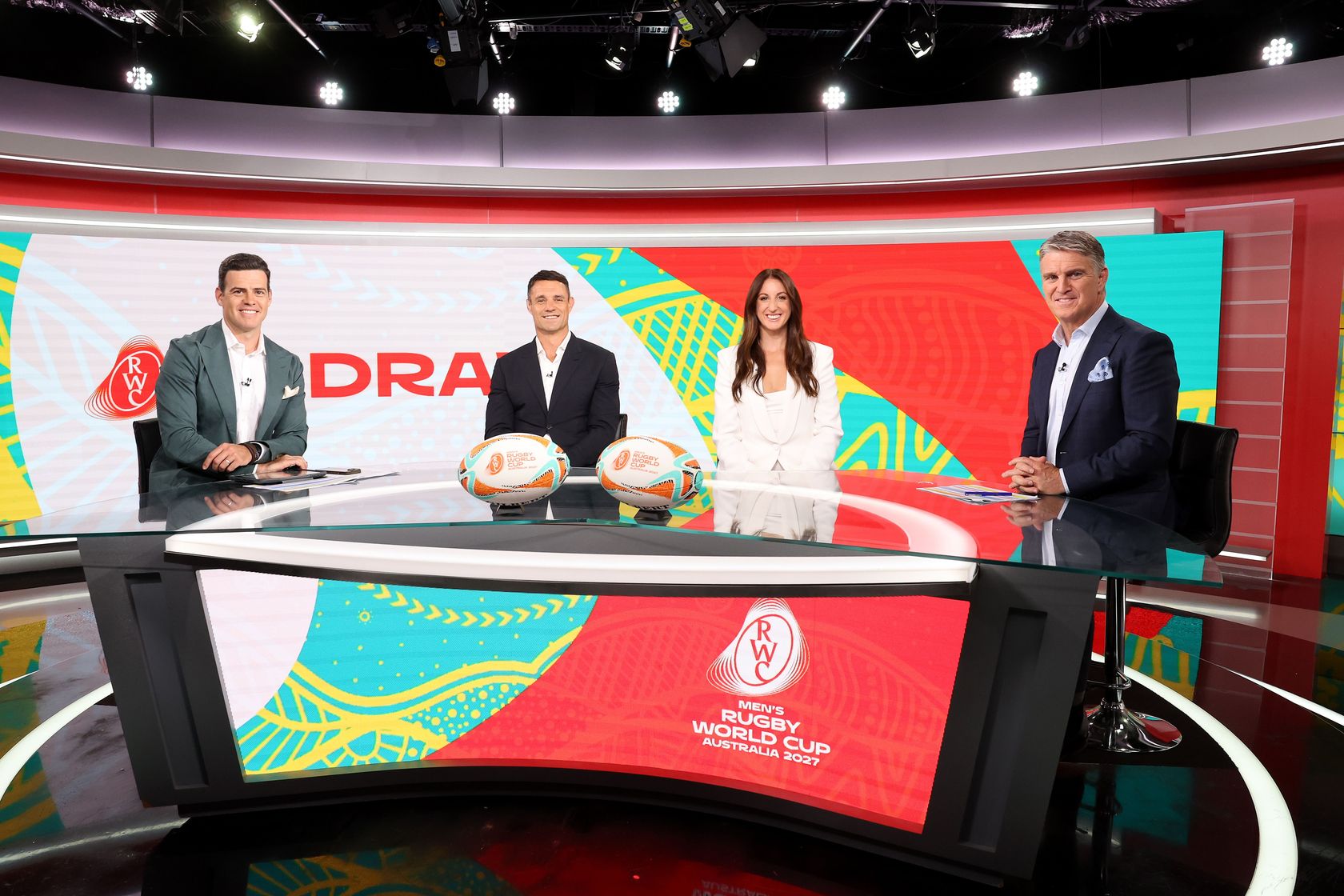Latest
-
![]()
RWC 2027 Eight state-of-the-art venues across Australia to host Men’s Rugby World Cup 2027
Men’s Rugby World Cup 2027 took an exciting step forward today with the announcement of the eight world-class stadiums that will host matches across seven Australian cities during the tournament.
-
![]()
Partnerships World Rugby extends official apparel partnership with Macron to 2029
World Rugby has confirmed the extension of its official apparel partnership with Macron through to 2029, reinforcing a collaboration in place since 2022 and highlighting a shared focus on quality, performance and innovation across the international game.
-
![]()
Match officials Sara Cox calls time on her international referee career
World Rugby Chair Brett Robinson has led the tributes to England’s Sara Cox, who today announced her retirement from refereeing on the international stage.
-
![]()
HSBC SVNS South Africa and Canada claim HSBC SVNS 3 titles in Dubai
Both South Africa’s women and Canada’s men’s sevens teams head into the HSBC SVNS 2 series as champions with South Africa completing an unbeaten Dubai campaign by defeating Argentina in the women’s final and Canada overcoming Belgium to claim the men’s title.
-
![]()
JWC 2026 A new identity for age-grade rugby: Junior World Championship set for Georgia in 2026
The dates, pools and match schedule have been confirmed for the expanded 16-team tournament that will be known as the World Rugby Junior World Championship from 2026.
-
Sevens Rugby fans to show up for LA28 as ticket registrations open
After thrilling fans at Paris 2024, the fastest, most electrifying game in the Olympic programme returns to Los Angeles for LA28. Fans can now register for the LA28 Olympic Games ticket draw to secure their chance to see the biggest stars of rugby sevens in action.
-
![]()
HSBC SVNS Sweet dreams to be made in Dubai at HSBC SVNS 3
HSBC SVNS 3 brings sevens rugby back to Dubai less than two months after the top-tier HSBC SVNS Series kicked off at the Sevens Stadium. This weekend, eight men’s and eight women’s teams will take to the field, aiming to make their mark and move closer to the HSBC SVNS Championship later this year.
-
![]()
Rugby World Cup 2025 Success of Women’s Rugby World Cup England 2025 recognised as Chair Gill Whitehead receives OBE and Managing Director Sarah Massey made an MBE
Chair of Women’s Rugby World Cup England 2025 Gill Whithead has received the Order of the British Empire (OBE) and Managing Director Sarah Massey the Member of the British Empire (MBE) in the prestigious King’s New Year Honours List, for “services to women’s rugby”. The British honours list recognises those who have made an outstanding contribution to society.
-
![]()
RWC 2027 The new Men's Rugby World Cup draw format explained
The Rugby World Cup 2027 Draw took place in Sydney, on 3 December, to determine the line-ups of the six pools of four.
-
![]()
Media release World Rugby confirms Emirates Match Official appointments for Guinness Men’s Six Nations 2026
The Emirates World Rugby Match Officials have been confirmed for the Guinness Men’s Six Nations 2026, with Hollie Davidson and Luc Ramos making their tournament debuts as referees.
-
![]()
SVNS One month to go until HSBC SVNS 3 lands in Dubai
The next installment of international rugby sevens will unfold at Dubai’s iconic Sevens Stadium as HSBC SVNS 3 takes centre stage across two days between 17-18 January 2026.
-
![]()
U20 Championship Lower tackle height trial extended to World Rugby U20 Championship 2026
Successful trials of a lower tackle height at the sternum in community rugby will be introduced to elite rugby for the first time at the World Rugby U20 Championship 2026 which will take place in Georgia.
-
![]()
RWC 2027 The best rugby players in the world revealed by RugbyPass
Men’s Rugby World Cup 2027 will bring the best rugby players in the world to Australia, from stars of the Guinness Men’s Six Nations to those who’ve been tearing it up in The Rugby Championship, and beyond.
-
![]()
World Rugby World Rugby reaffirms support for global refugee community
Today, as part of the Sport for Refugees Coalition, we’re proud to reaffirm the vital role of sport in supporting refugees and host communities. Our joint statement calls on governments, donors, sports bodies, and humanitarian actors to embed sport more fully in refugee responses, ahead of the Global Refugee Forum Progress Review.
-
![]()
Player Welfare World Rugby Executive Board recommends that a lower tackle height be written into community game law
The World Rugby Executive Board has recommended that a lower legal tackle height at the sternum is made a full law of the community game. The move was proposed by the 11 unions who have been participating in trials of the measure over the last 18 months.
-
![]()
SVNS HSBC SVNS returns to Cape Town
HSBC SVNS arrives in Cape Town this weekend as the world’s top sevens teams continue their campaign following an action-packed opening round in Dubai. The event marks 10 years since the city first hosted the tournament in 2015, adding an important milestone to the series calendar.
-
![]()
EDITOR'S PICK RWC 2027 Draw: Quotes of the Day
Our pick of the quotes as coaches, captains and former stars react to the Draw for Rugby World Cup 2027 in Australia.
-
![]()
RWC 2027 RWC 2027 Draw: A closer look at the pools
With the Men's Rugby World Cup 2027 Draw now made, we take a deeper dive into each of the six pools.
-
![]()
RWC 2027 Pools confirmed for Men’s Rugby World Cup 2027 in Australia
Preparations for Men’s Rugby World Cup 2027 reached an important milestone today with confirmation of the six pools that will headline the largest tournament in the sport's history.
-
![]()
RWC 2027 Australia ready to ‘Go All Out’ with blockbuster global campaign for Men’s Rugby World Cup 2027
Men’s Rugby World Cup 2027 has ignited its global campaign, ‘Go All Out’, unleashing a bold celebration of rugby’s fandom, epic entertainment, global unity and the passion that will power Australia’s hosting of the world’s biggest ever rugby tournament.



